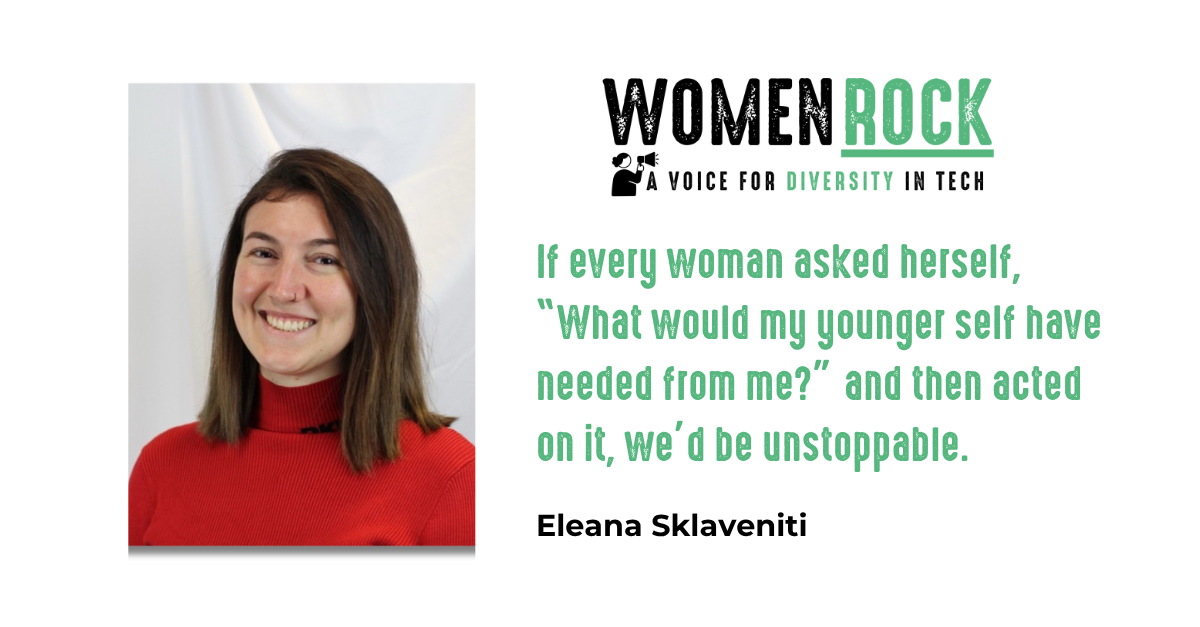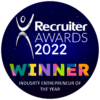
“The reality is, if we don’t value ourselves appropriately, it becomes that much easier for others to undervalue us, too.” – Eleana
Meet Eleana, a Data Engineering Manager at Apollo, who’s carved out a career in tech within the fast-paced world of insurance, and she’s got a story worth reading.
From moving to the UK at 17 to study computer science, to landing her first placement after 50+ applications, to leading teams in data, Eleana’s journey is full of determination, reflection, and some key lessons for anyone building a career in tech.
In this blog, she opens up about the challenges she’s faced along the way, the moments that shaped her path, and why recognition like being named a Digital Champion Award finalist is more than just a personal win; it’s proof that progress is happening.
We also explore some important realities, like how women now make up 66% of entry-level roles in insurance, but only 22% at a leadership level, and how workplace culture still plays a big role in who gets seen, heard, and promoted.
Whether you’re just starting in tech or looking to grow into leadership, Eleana’s story offers honest insight and a reminder of how powerful it can be to simply share your experience.
Hi Eleana, thank you so much for being part of Women Rock! We’d love to hear about your story so far. Can you tell us about yourself and your journey into the field of data engineering? What inspired you?
I moved from Greece to the UK when I was 17 to study computer science. Growing up, I was obsessed with Photoshop, editing my hair, and turning myself into a mermaid; I could spend hours lost in it. So when it came to choosing my IB core modules, computer science felt like the natural fit.
I went on to study at the University of Kent, and my time there was simply the best. I secured a placement year, although it wasn’t easy. I applied to over 50 roles and got just one offer, from the very last interview I had lined up. I’d already decided that if it didn’t work out, I would just move on to my final year. That opportunity ended up being a turning point. I was lucky enough to be offered a permanent role at the same company after graduating, starting my career as an MI Developer.
Six years ago, I found myself in the insurance industry as a BI Developer. Fortunately, our company is forward-thinking and committed to staying ahead in technology. Two years ago, we adopted a modern data platform, and that’s when I began to deepen my skills in data engineering. That journey recently led to a promotion to Data Engineering Manager, something I’ve always aspired to. Over the years, I’ve gone back and forth between becoming a manager or a technical architect, but I ultimately landed exactly where I had hoped to be since high school.
Something that helped shape my decision was starting a business as an Amazon seller during COVID. I built a team both locally and overseas, and created processes to help everyone, from the warehouse team to the online operations, work together smoothly. I loved figuring out how to make everything run efficiently and bringing people together to get things done, exactly what I now get to do as a manager.
Can you walk us through the triumphs, struggles & frustrations in the industry, especially for women?
Working in an industry that only allowed women into the Lloyd’s building 50 years ago comes with its own set of challenges, and even more so when you’re working in tech within that industry. The gender pay gap is still very real. While companies are making efforts to improve, studies show that although women negotiate just as often, if not more than men, they tend to ask for less. We’re often conditioned to feel grateful rather than confident in our worth, and that can directly impact how we position ourselves in salary conversations. The reality is, if we don’t value ourselves appropriately, it becomes that much easier for others to undervalue us, too.
There’s also a deeply rooted social culture in insurance: drinks after work, golf days, evenings out watching sports. These kinds of events are often male-dominated and, quite frankly, not always enjoyable or inclusive for women. While some people genuinely enjoy them, others, regardless of gender, may not want to spend their evenings out drinking or making small talk at a cricket match. But when these are the main ways people bond, it can lead to unspoken advantages. So, when a promotion or a big client opportunity comes up, who’s more likely to be recommended? Often, it’s the person they’ve connected with socially, not necessarily the most qualified person. It’s not always conscious, but it happens.
In tech, it can sometimes feel like men naturally gravitate toward each other. There’s still a lingering stereotype that men are more technically competent, and that dynamic can play out in subtle ways. Even during university, in a group with three male classmates, I found myself being completely ignored. I want to be clear: it’s not always like this, and I’ve worked with some incredible allies, but these patterns are hard to ignore.
Despite all that, there are real triumphs. Being named a finalist for the Digital Champion Award at the Women in Insurance Awards last year was a turning point for me. It was an incredible event, an entire evening dedicated to celebrating women! After that, I actively started looking for more ways to connect with others. I found women in insurance communities on LinkedIn, began attending women-led networking events, and saw firsthand how women are lifting each other up. I was genuinely inspired.
And we are making progress. Women now represent up to 66% of entry-level roles in the industry. But at the C-level, that number drops to just 22%. So while we’ve come a long way, there’s still plenty of work to do.
Is it no secret that, currently, women and people from diverse backgrounds still face challenges. What can we do to empower women to get into tech?
As many people say, inspiring young girls needs to start early: at school. STEM subjects should be accessible and encouraged from a young age, and schools need to create inclusive environments. Teachers should treat students equally, not divide boys and girls or compare them in ways that foster unhealthy competition, something I experienced personally. With the rapid pace of technological advancement, education must also evolve. Students need to be exposed to the wide range of new, emerging careers in tech, careers they might not even know exist yet.
I don’t love how much social media has taken over our lives, but I do think it can be used for good. It’s a powerful way to inspire young people, to show them what’s possible, to teach them, and to help them connect with others.
Mentorship is another key. My life changed when I met my first female mentor. She understood me, challenged me, and helped me grow. She pushed me out of my comfort zone in ways that ended up being exactly what I needed. I used to ignore advice about finding a mentor, but now I know just how vital that kind of support can be. Having someone to talk to and guide you is truly invaluable.
Speak up! It’s impressive how much we, as women, have in common, but it’s not always obvious. The more I talk to other women, the more I realise how similarly we think, how many shared experiences we have. It makes me feel like I’m not alone, and that feeling is so powerful.
I am trying to help, trying to speak up, I am trying to do something. I recently recorded a podcast episode with 100 Women in Insurance, where we talked about the future and how we can support more young women to enter STEM. I also created a LinkedIn group called Data Sisters, after noticing there wasn’t a space that linked women, data, and insurance. For a while, I waited, thinking someone else might start one, but then I thought, why wait? So I created it. I want to connect more women in data and insurance, and I want to provide the kind of platform my younger self would have benefited from.
What book would you recommend for our Women Rock bookshelf?
Surrounded by Idiots – Thomas Erikson. This book opened my eyes and helped me understand why people behave the way they do.
What is your favourite song?
That’s a hard question, but I’ll have to go with any of Avicii’s songs, they always put a smile on my face!
Finally, could you leave us with your favourite quote?
If every woman asked herself, “What would my younger self have needed from me?” and then acted on it, we’d be unstoppable.
Interviewed by Anna Waterman






